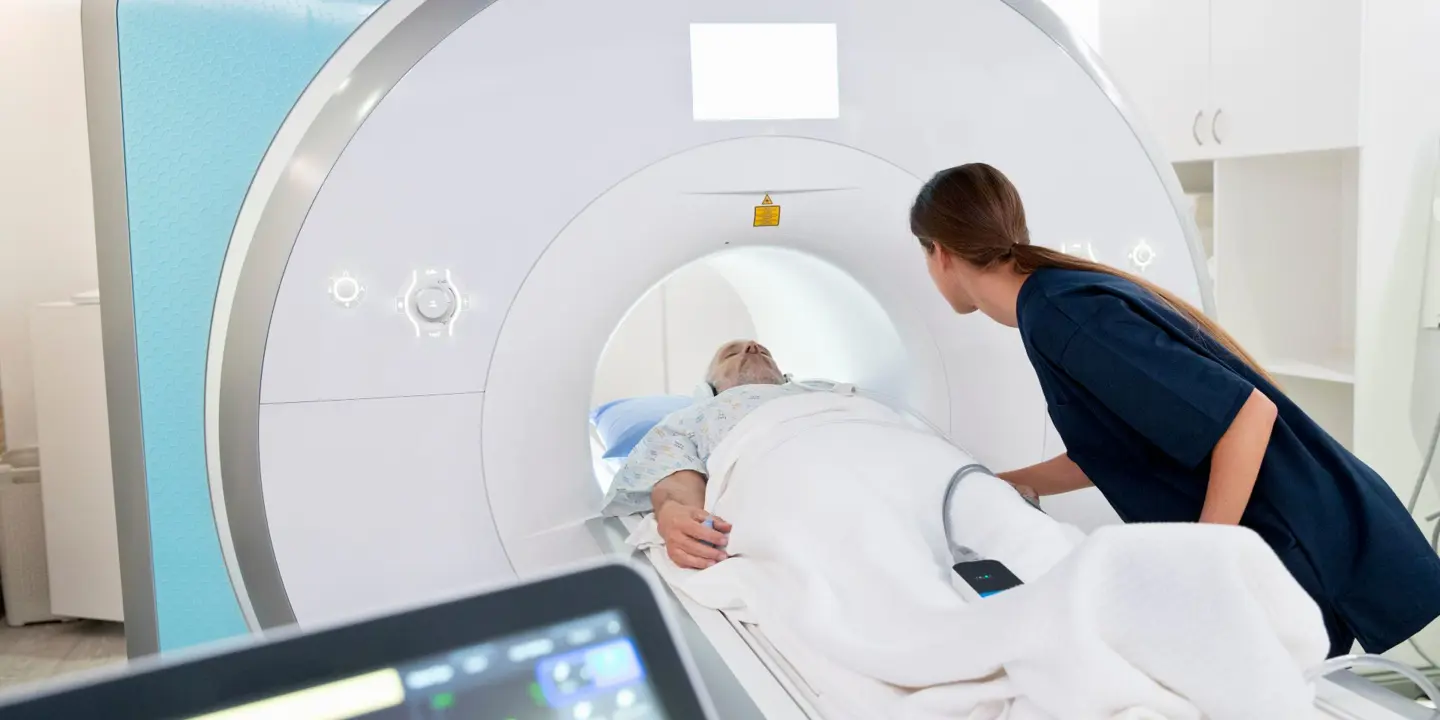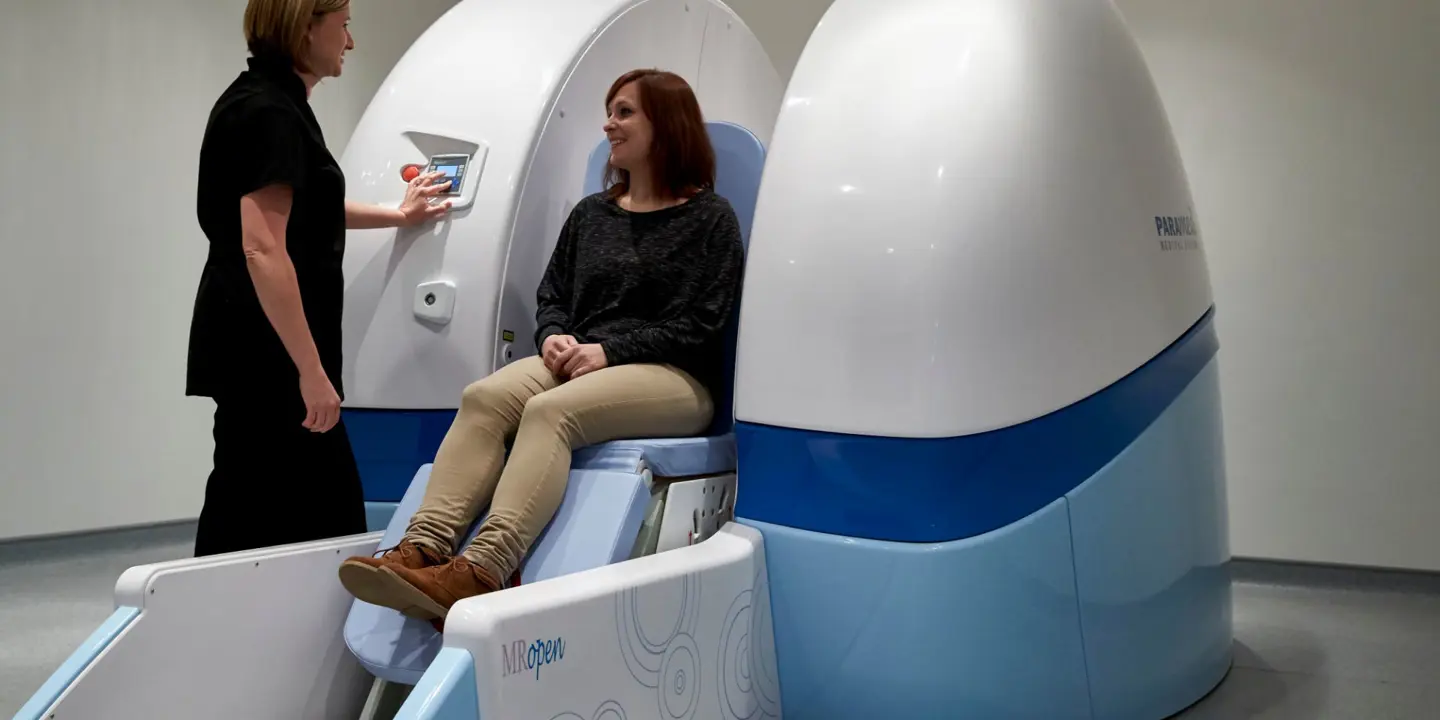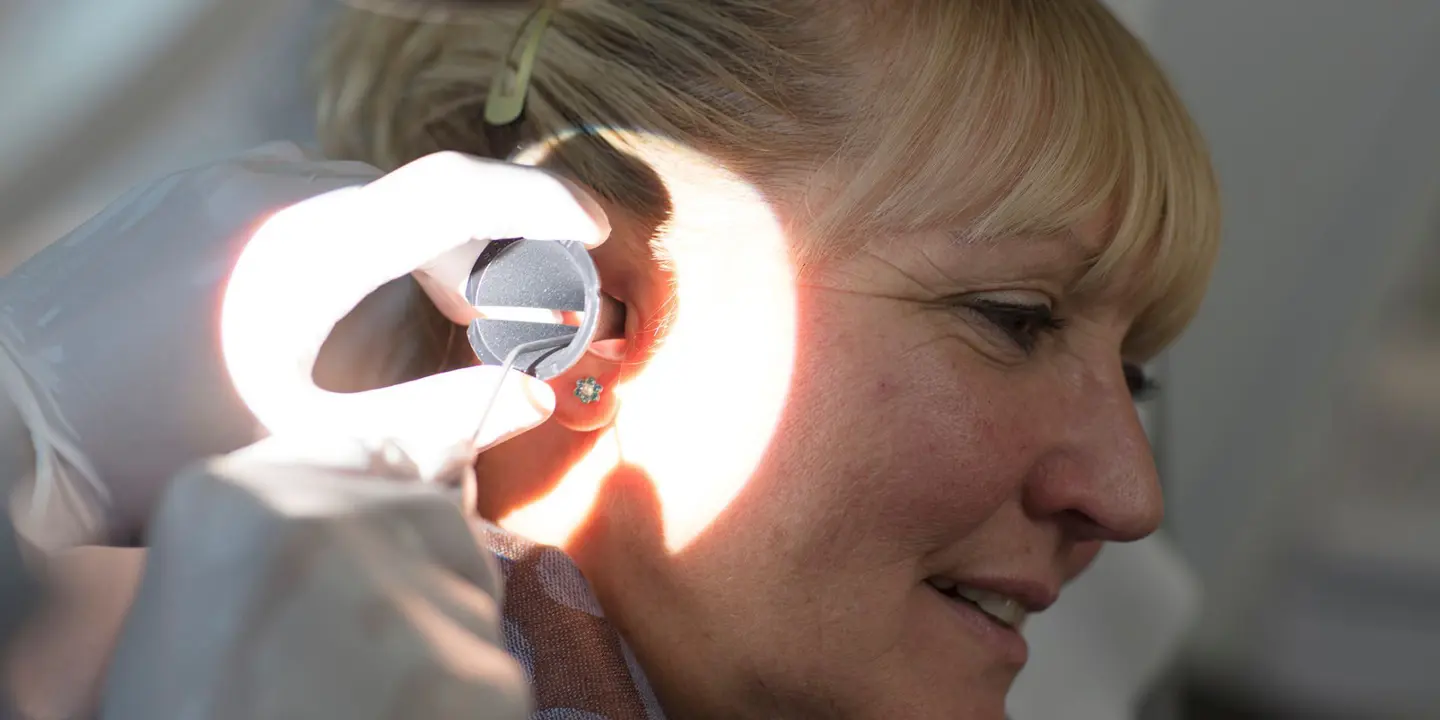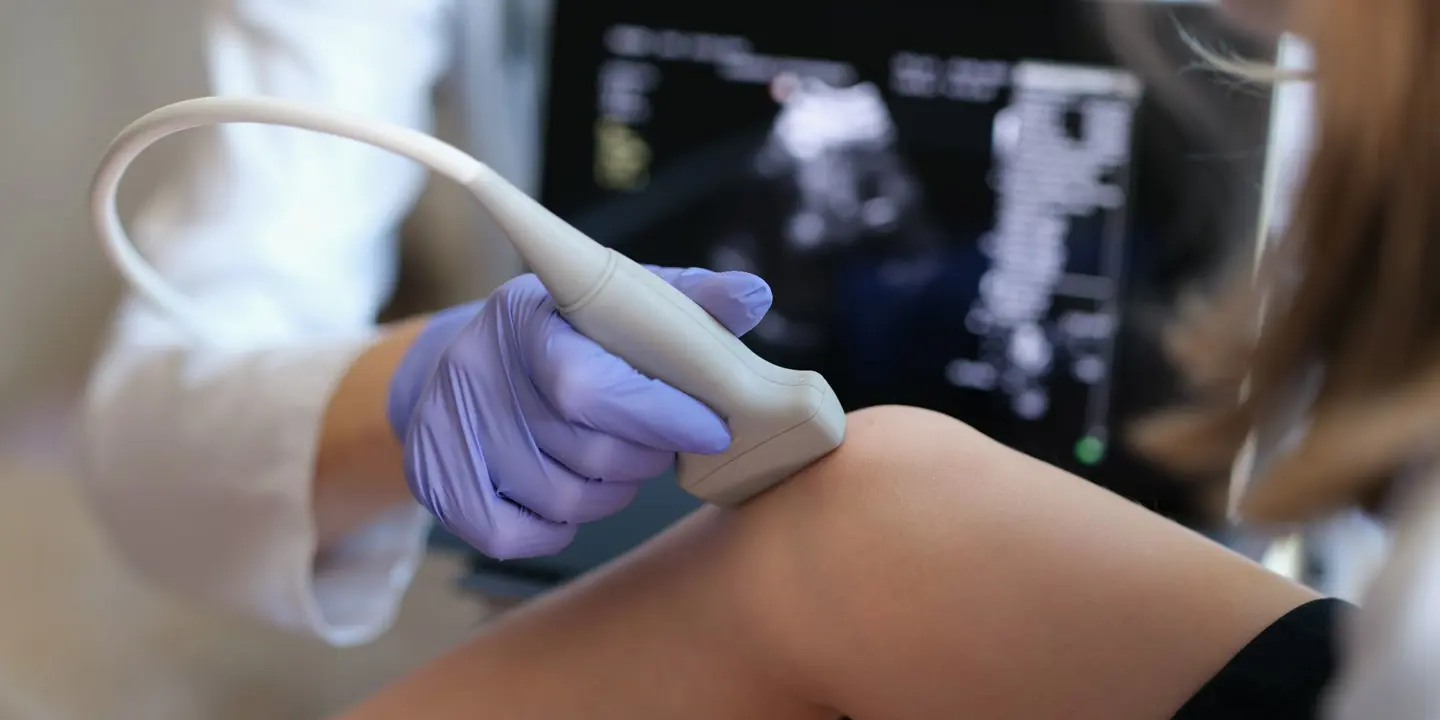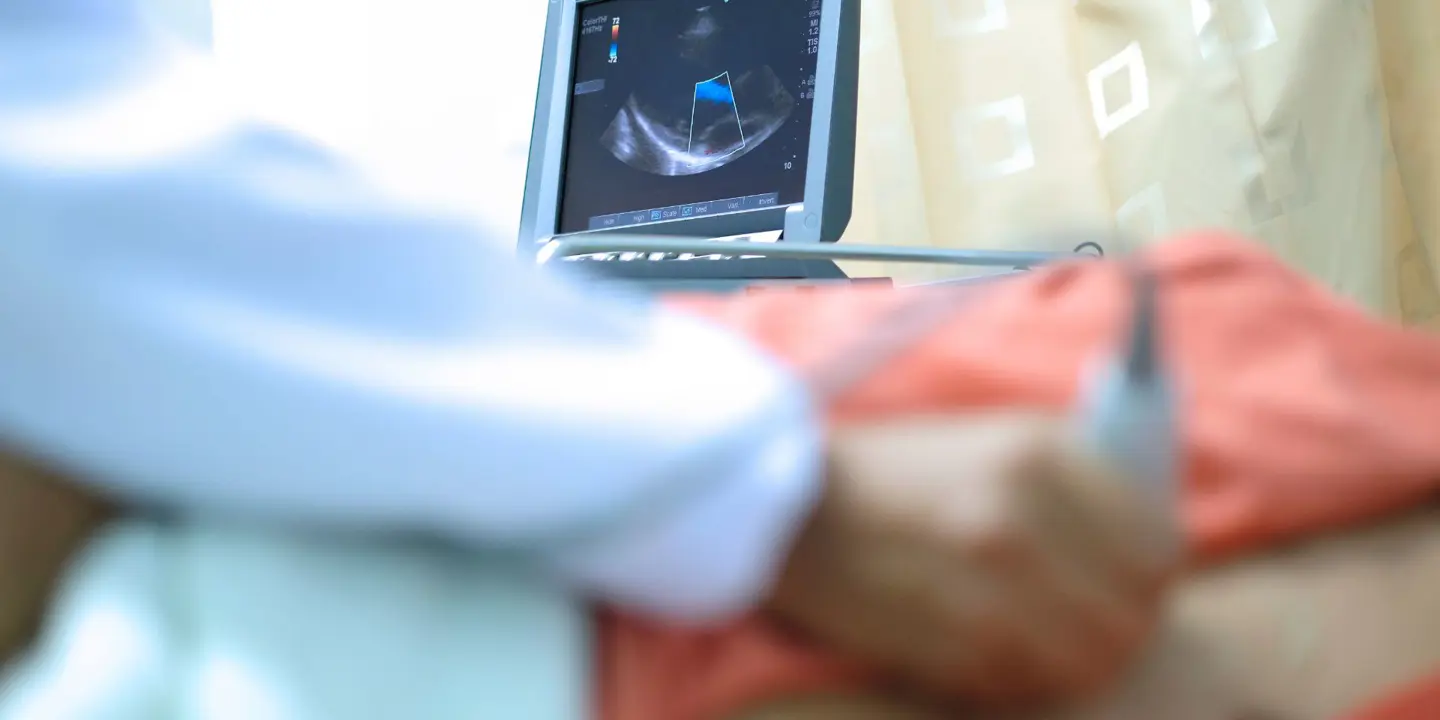Brittle bone disease is a lifetime disorder that causes bones to break easily, even without any trauma. It is caused by a genetic defect in the gene that manufactures Type 1 collagen in the body, a protein that is essential to shape and strengthen bones.
This rare bone disorder, which typically manifests in early childhood, affects approximately 5,000 individuals in the UK. Most children with the disease get the defective gene from one parent, or sometimes both. Sometimes, the gene mutation develops on its own.
Brittle bone disease is not to be confused with osteoporosis. Osteoporosis is the loss of bone density, which does not result in the abnormal formation of bones. However, both conditions cause bone fractures.
Detecting Brittle Bone Disease
The symptoms of brittle bone disease range from mild to severe. The most obvious symptom is when a child breaks a bone very easily. Other symptoms include:
-
Bleeding and easy bruising after an injury
-
Bowing of the legs
-
Breathing problems
-
Exhaustion
-
Loose joints
-
Weak muscles and tissues
The onset of symptoms varies from person to person, though they most often appear in childhood. Sometimes a child's bones are fractured while they're in their mother's womb. Other times, the symptoms manifest during teenage years.
Diagnosing Brittle Bone Disease
If your child is born with broken bones, or if they frequently have broken bones, take them to a diagnostic clinic for a physical exam. The doctor will ask you about your family and medical history.
They might also order tests such as:
-
Blood or urine tests to confirm that rickets or other conditions aren't the cause of the symptoms
-
Biochemical testing that requires a skin sample to examine collagen
-
DEXA scan to measure the bone mineral density
-
DNA tests to determine the mutation of the collagen gene
-
X-Rays to show healed breaks or fractures
Is Brittle Bone Disease Treatable?
Currently, there is no cure for brittle bone disease. All forms of available treatment aim to relieve the patient of symptoms and have them live a healthy, productive life.
Some forms of treatment include:
-
Braces for weak ankles, knees, legs and wrists
-
Casts and splints for broken bones
-
Medication to strengthen the bones
-
Physical therapy to improve movement and strengthen the body
-
Surgery to repair broken bones, fix deformities or implant metal rods into long bones
Orthopaedic doctors recommend that the patient maintain a healthy weight to prevent stress to the bones. A diet rich in calcium and Vitamin D is also recommended to help strengthen bones.
Patients are advised to avoid activities that put them at risk of collisions or falls, such as contact sports. Instead, they can take up swimming or other low-impact exercises to improve bone strength and mobility.
Mitigate Disease with Professional Diagnostic Services from Vista Health
Brittle bone disease may be challenging to manage, but with early, ongoing medical care, you can help your child lead a healthy life.
Detect the early symptoms of brittle bone disease before the condition progresses. For professional diagnostic services in London, visit Vista Health. With our partnership with major clinicians and insurers, expert diagnosis and fast assessment, we help get you and your child on the road to better health.
Vista Health have DEXA scanners that can diagnose bone desnsity at 4 locations: Ealing, Enfield, Milton Keynes and Southampton. Our competitive price of £125 per body part is the same whether your appointment is today or tomorrow or at the weekend. To understand more about DEXA scans then please go to the DEXA service page.
Book a DEXA appointment in one of our locations by filling out our enquiry form, or call us 0371 454 2519.



